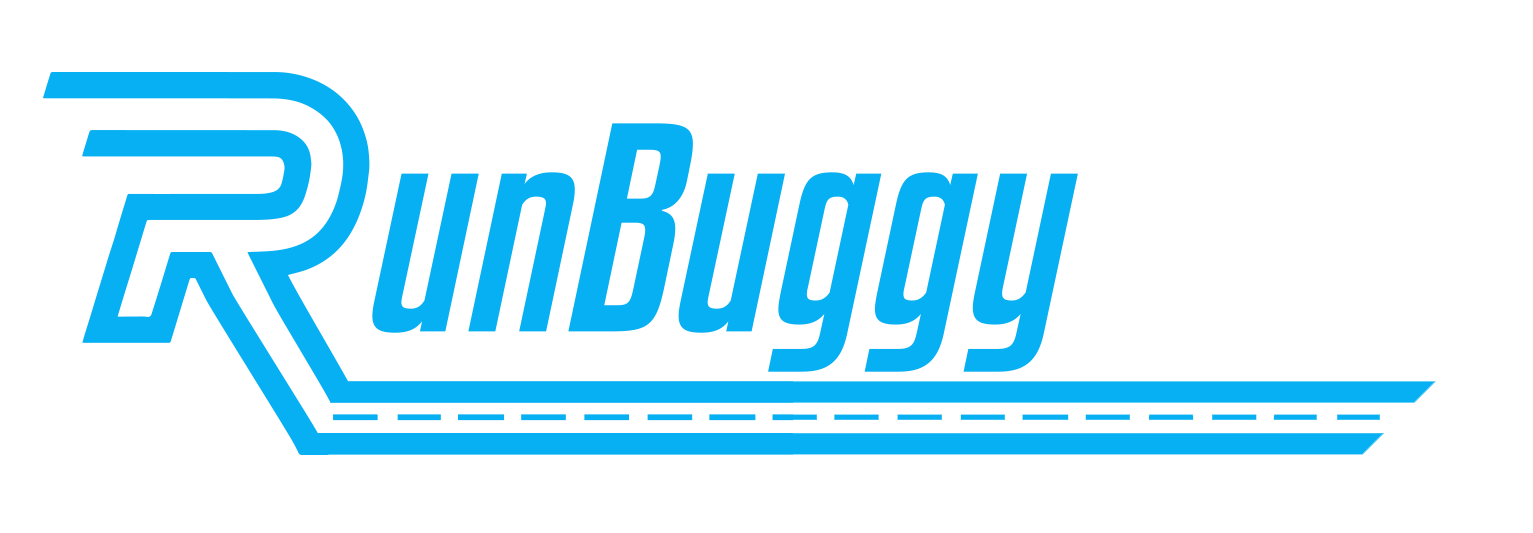A bill of lading (BOL) is a legal document that serves as a contract between the shipper and the transporter. It serves as a receipt for the vehicle being shipped and also serves as evidence of the terms and conditions of the shipment. The bill of lading is issued by the carrier or the carrier’s agent and usually includes the following information:
- The names of the shipper, consignee, and the transporter
- The origin and destination of the shipment
- The type of vehicle being shipped
- The terms of the shipment, such as freight charges, route, and transit time
- The condition of the vehicle at the time of shipment
- Any special instructions or requirements for the shipment
The bill of lading is important for several reasons. For the shipper, this document confirms that the vehicle was shipped and received by the transporter. The transporter uses it as a means to collect payment for the shipment. Meanwhile, the consignee views it as evidence of the vehicle’s receipt.
The bill of lading also serves as evidence of title to the vehicle. This means that whoever holds the original bill of lading is considered to be the rightful owner of the vehicle. This is important in cases where the vehicle is being shipped to a third party or is being financed.
In short, a bill of lading is a legal document that serves as a contract, receipt, and evidence of the terms and conditions of a shipment. It also serves as a proof of shipment, a document for the collection of payment and as evidence of title to the vehicle.
Choose RunBuggyOne for safe, reliable, and competitively-priced vehicle shipping. Get your free quote today!




